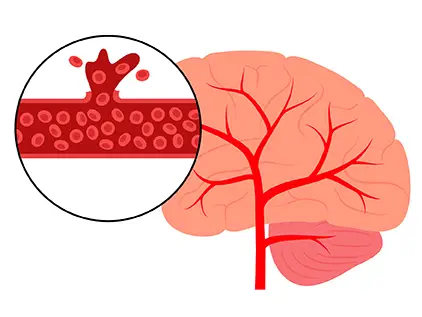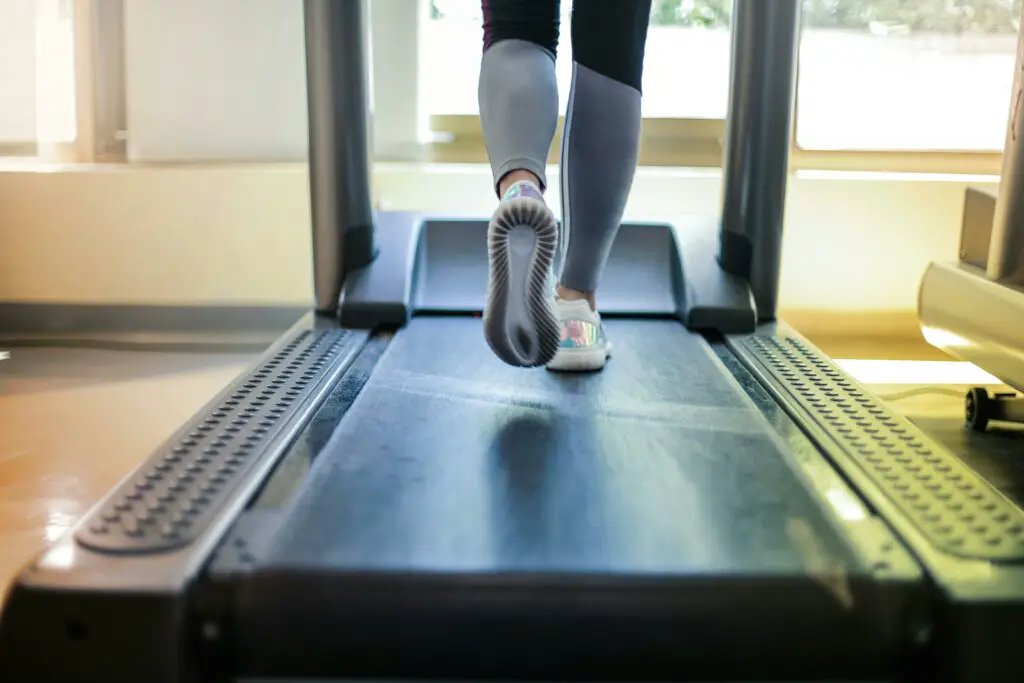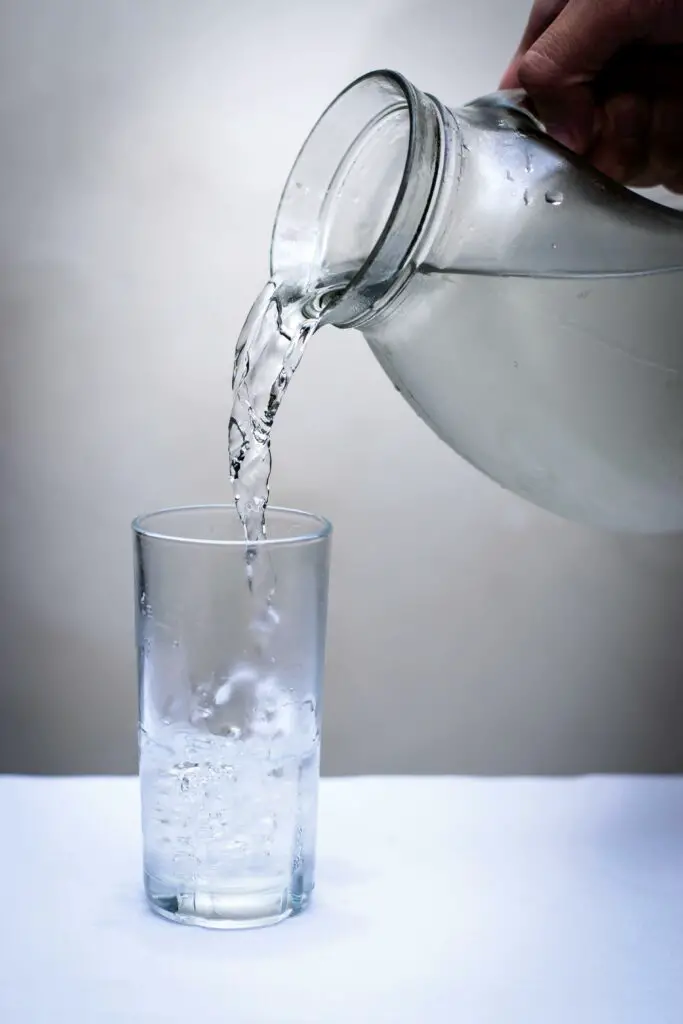A stroke occurs when the blood flow to a portion of the brain is interrupted, leading to the death of brain cells. This injury can influence bodily functions and may alter emotions and cognition. The impact of a stroke varies based on its location in the brain and the extent of the affected area, Stroke Association explains.
As we grow older, our arteries tend to stiffen and narrow, increasing the likelihood of blockages. Nonetheless, various medical conditions and lifestyle choices can accelerate this deterioration, heightening the risk of experiencing a stroke.

According to Stroke Association, the primary factors that lead to stroke include hight blood pressure, diabetes, atrial fibrillation, elevated cholesterol levels, age, lifestyle choices, family history, ethnicity, and other factors.
A common misconception about stroke is that it only affects the elderly. Truth is more and more young people are affected by it.
Recognizing the signs of a stroke in yourself or others is crucial. The FAST test is a useful tool for identifying these symptoms.
Certain everyday activities you do, and which appear harmless, may affect our well-being and increase the risk of stroke.
1. Taking a Bath Immediately After Eating
Taking a bath is a daily activity for most people, but the case of a man who suffered from stroke after taking a bath right after having a meal urged doctors to advise people against doing the same mistake.
Following a meal, blood flows to the stomach to process food, and if you bathe immediately after a meal, blood diverts to the skin instead, which weakens digestion and stresses the cardiovascular system — in severe cases, this imbalance can cause dizziness, stroke, or even heart failure.
Always wait around 30 to 60 minutes after eating in order to have bath.
2. Engaging in Strenuous Physical Activity
A lot of people believe that exercising after a meal aids digestion, but it can actually do more harm than good. When exercising right after eating, your body has to divide blood and energy flow between the working muscles and digestive tract, which could cause a distraction in circulation, bloating or cramps, and even stroke.
Vigorous exercise also stresses the heart, and increases risk for people with heart problems. To play it safe, you should wait 1 to 2 hours after a meal before engaging in any strenuous activity.
3. Drinking Excessive Water Right After a Meal
Water is essential for the human body, but large quantities after a meal can disrupt digestion. Too much water can dilute stomach acids needed to break down foods, and can cause indigestion as well as bloating. For best digestion and to avoid discomfort, sip on water in moderation before or following meals, instead of having a large glass at once.
Our habits and lifestyle choices, as well as our diet, play an important role in keeping our well-being in check.
Please SHARE this article with your family and friends on Facebook.
Bored Daddy
Love and Peace



